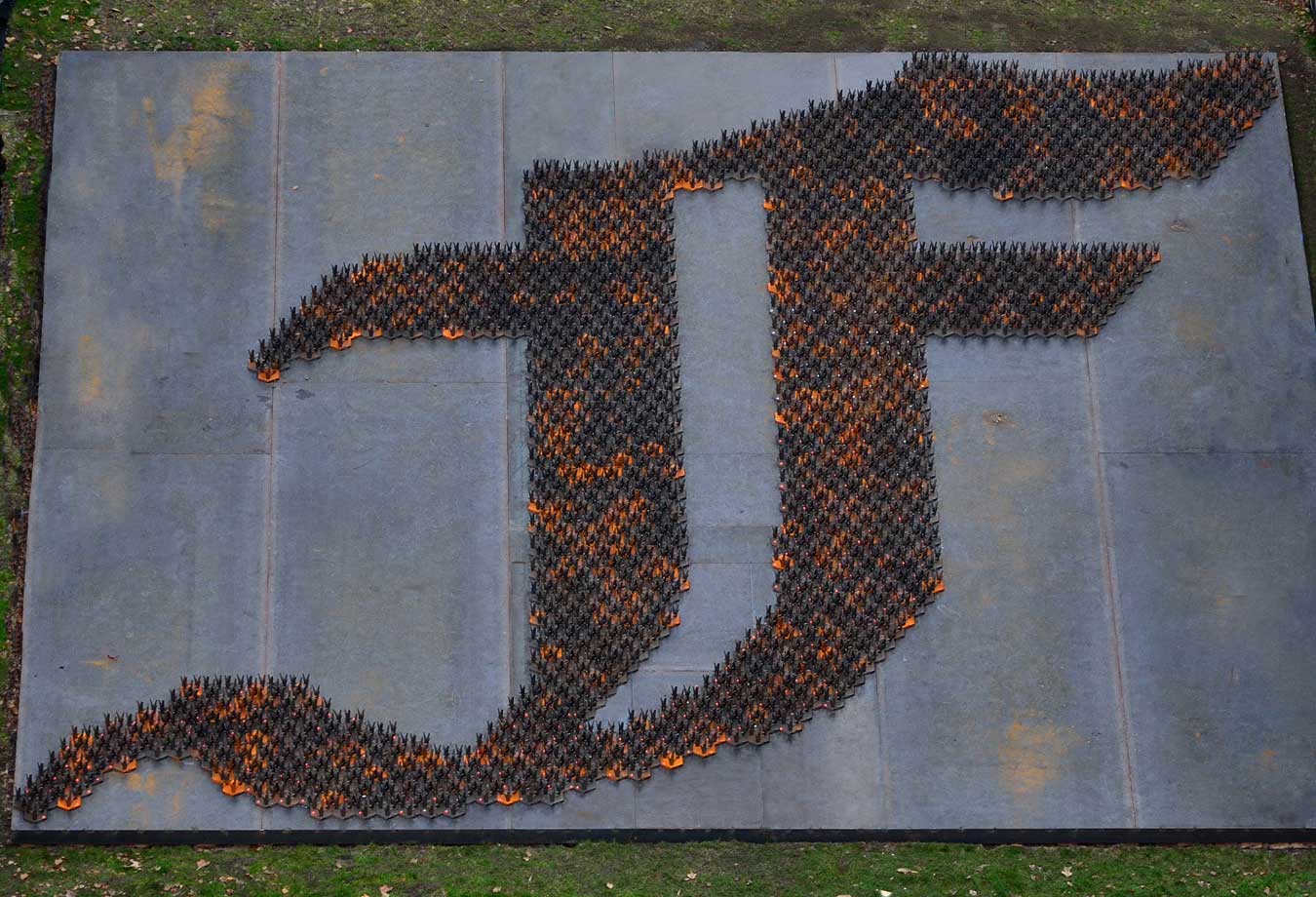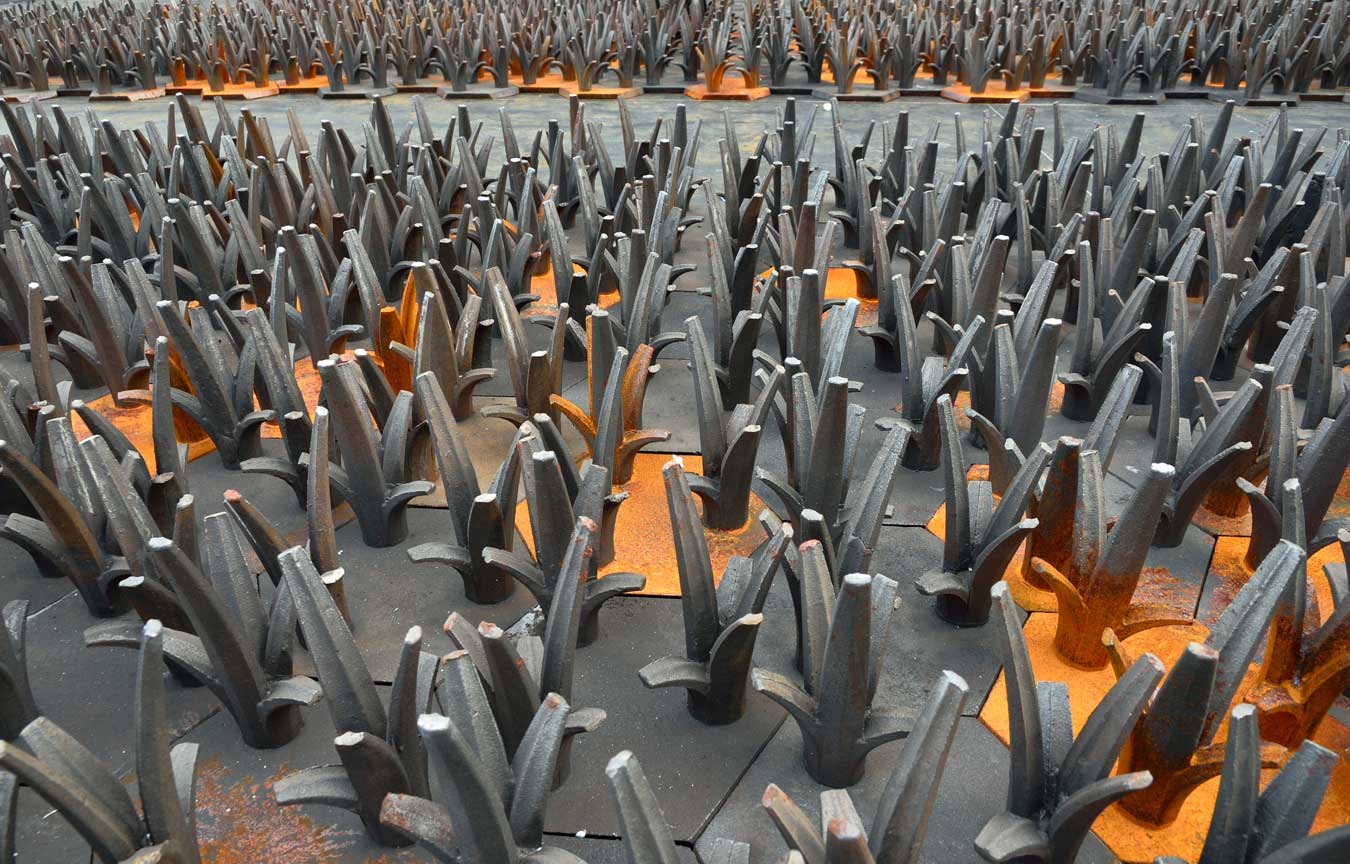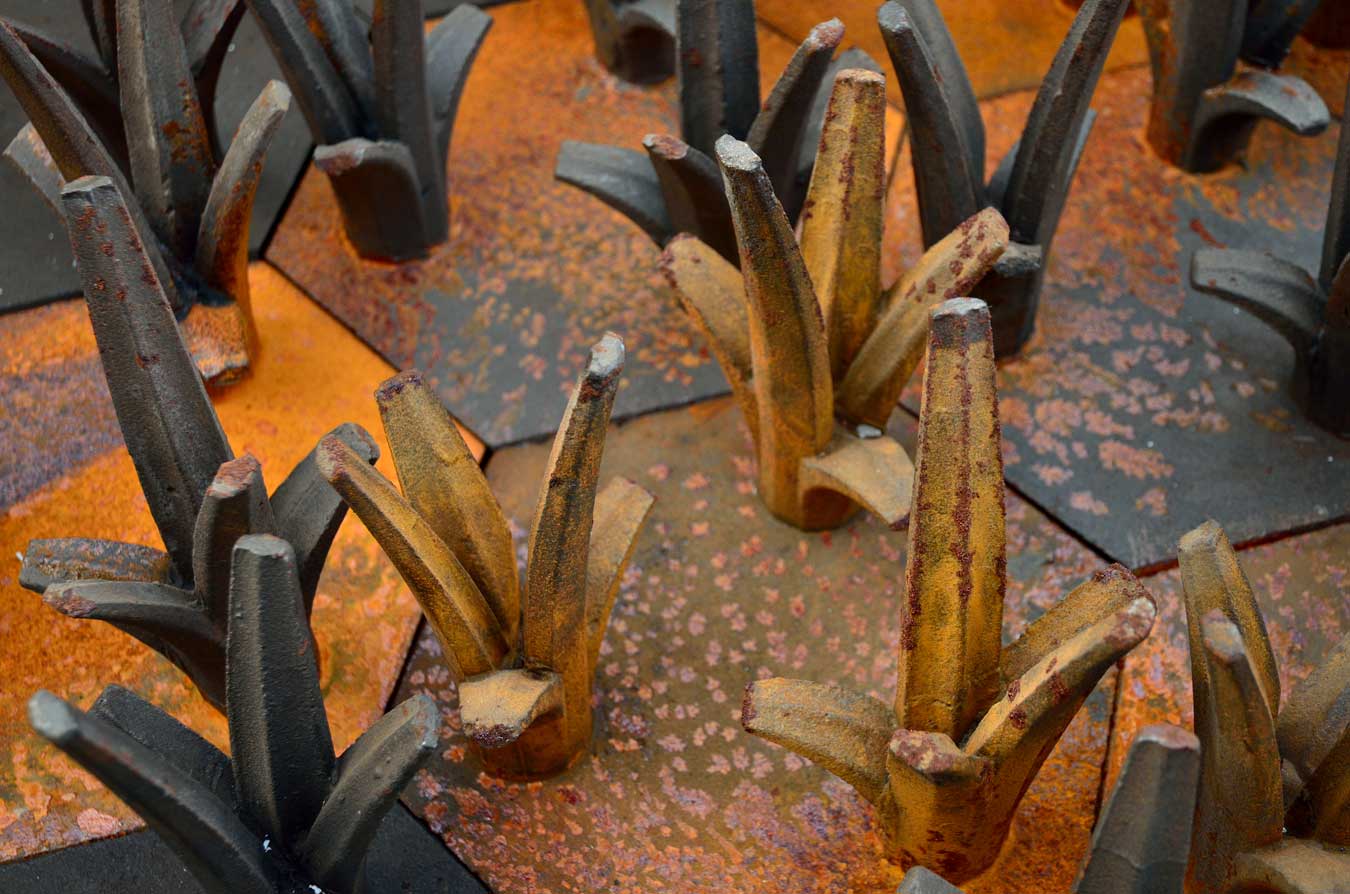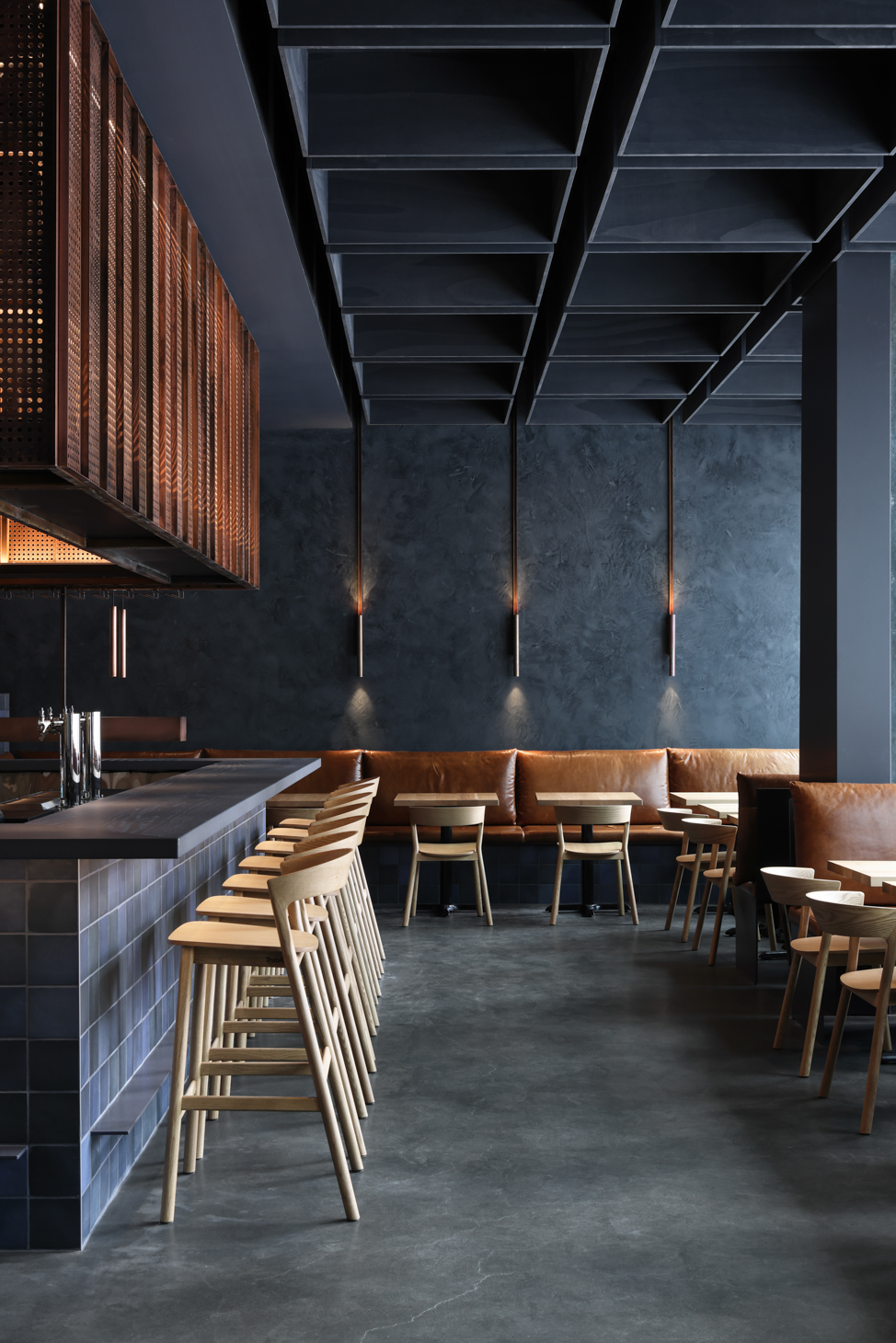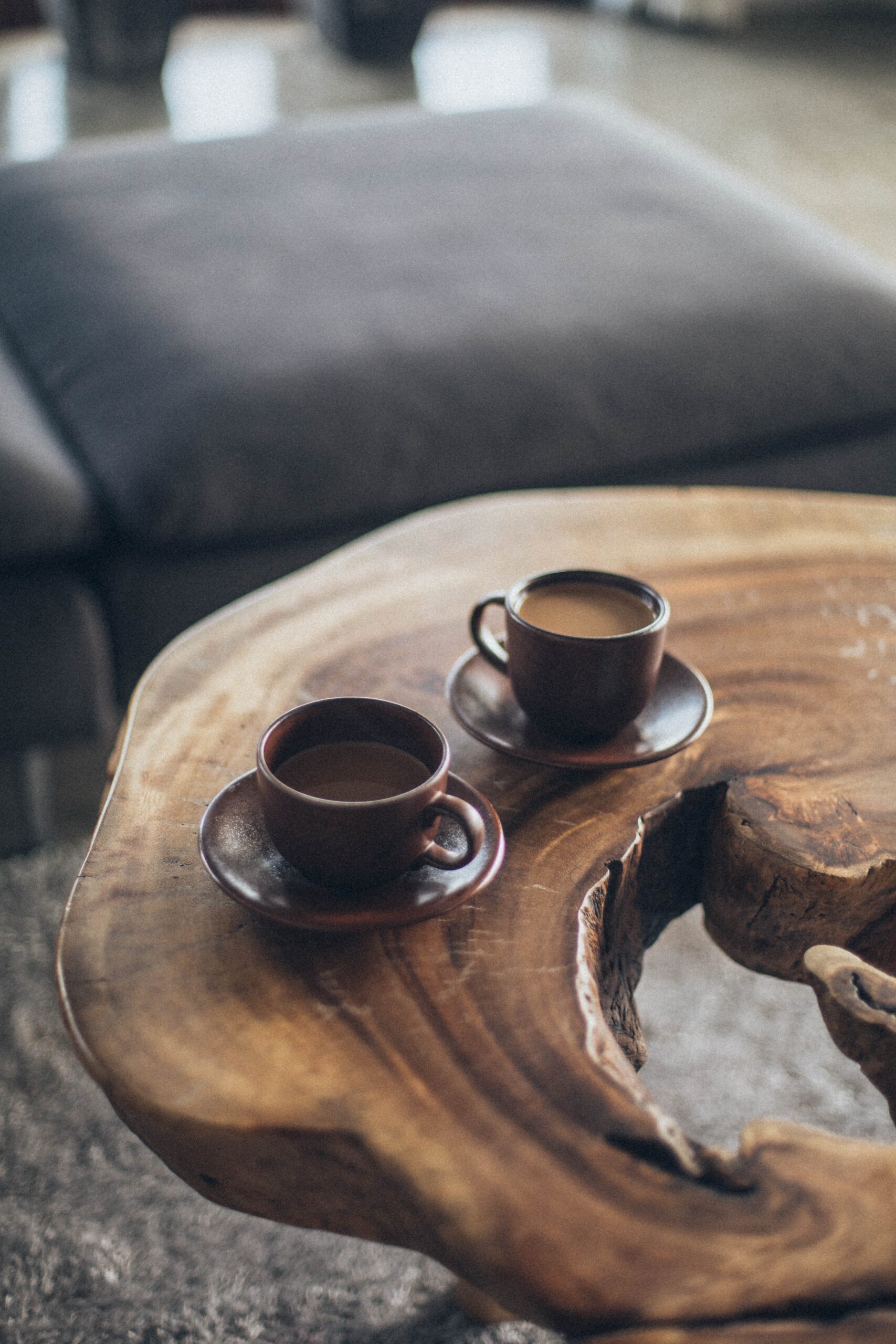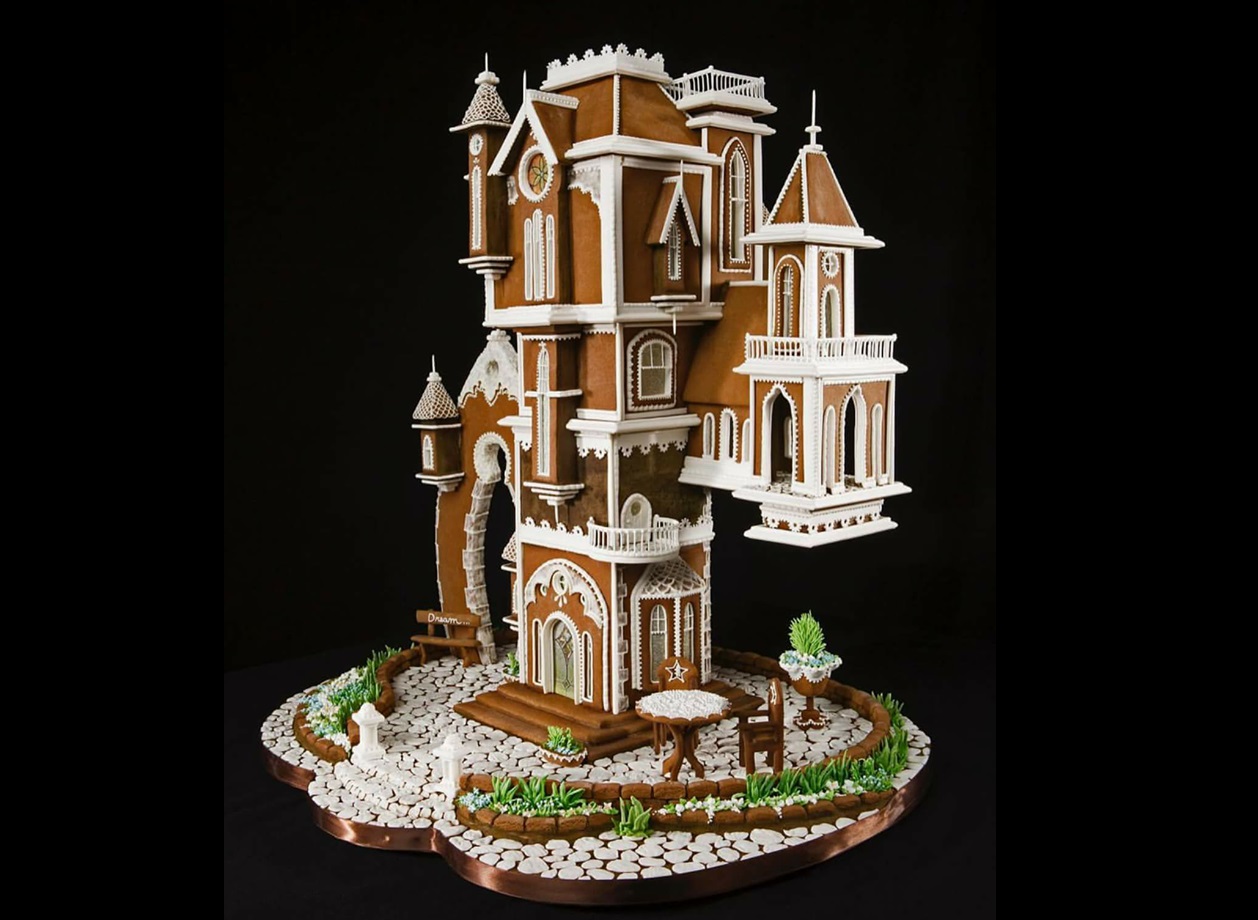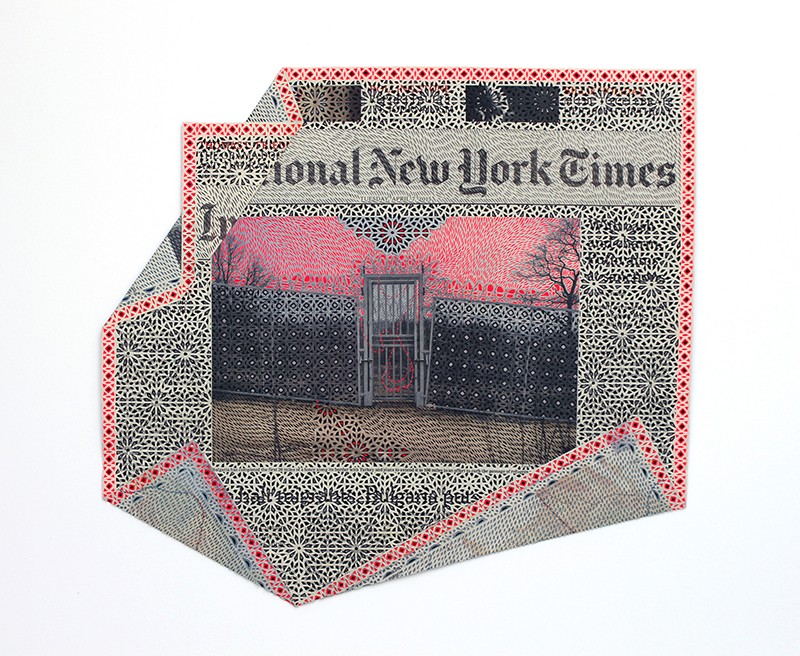Ai Weiwei’s “F Grass”
A Vancouver Biennale installation.
More than 1,000 years ago, the Chinese poet Bai Juyi of the Tang Dynasty (AD 772–846) wrote his famous piece Grass:
The grass is spreading out across the plain,
Each year, it dies, then flourishes again.
It’s burnt but not destroyed by prairie fires,
When spring winds blow they bring it back to life.
This passage of the poem aptly presents the metaphor used in Ai Weiwei’s new installation of a similar title, located in Harbour Green Park, Vancouver. Grass is one of the most common and overlooked parts of our landscape, but it is everywhere. We usually use the word “grassroots” to describe ordinary people in contrast to the “elite”. Grass is small and fragile, humble and flexible, yet it is strong and persistent.
F Grass can be seen as the continuation of Ai’s large-scale installation Sunflower Seeds, which was made for the Tate Modern in 2010. Sunflower seeds share a similar identity to grass. They represent countless faceless folks going about their everyday lives. Each individual form is simple and miniscule, but when a million crowd together they bear tremendous power and vitality.
The new installation is 182 square metres, composed of 1,328 tufts of iron grass. It will remain on display for the next 12 months. Like Ai’s other mass productions, F Grass was made by numerous workers in China, following a process similar to the flood of products manufactured for global consumption. Ai’s original choice of material was marble, but eventually he decided to make the grass parts with iron that will rust over the course of time.
The artwork also refers to the artist’s personal experience. Ai’s studio is located in Caochangdi (meaning “grassy field” in Chinese), a growing art district in Beijing. In 2000, Ai co-curated the controversial exhibition Fuck Off, which opened alongside the third Shanghai Biennale and attracted, for the first time, great attention from the outside world. The four-letter word of the title in Chinese slang is pronounced the same as the Chinese character “grass” (cao), a commonly used curse expression. The artist has frequently employed this homophone in his work to express his defiance, insolence, and anger. In the case of this installation, the grasses covering the area make an elegant calligraphic F shape.
F Grass was commissioned by the Vancouver Biennale, a continuing public art event that aims to transform the city’s urban environment into an open-air museum. No doubt Ai’s new installation in Vancouver will be an inordinate addition to the city’s landscape and challenge viewers to answer the questions raised beyond the visual presentation of these small iron blades.
Read NUVO’s winter 2014 issue cover story on Ai Weiwei.





